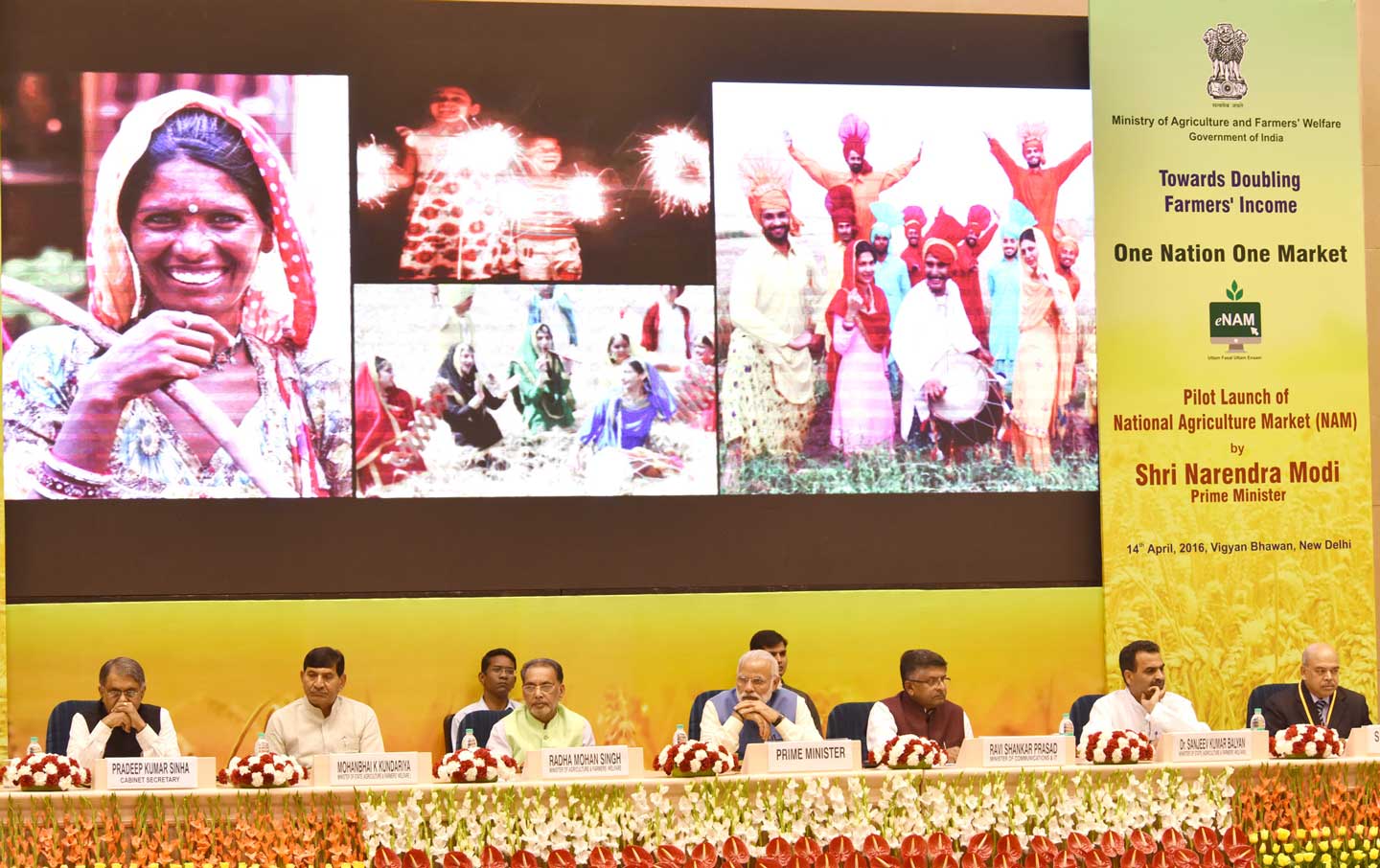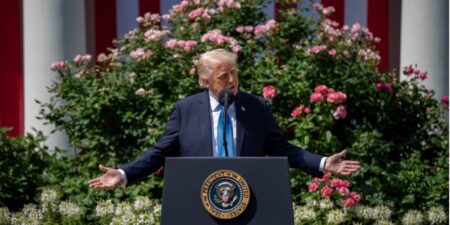BGA’s India team, led by Managing Director Ratan Shrivastava, wrote a piece on the suspension of India’s farmer protests. The update addressed the more complex realities behind the shifting farm protests of interest to clients, including the broader context of India’s economic and political development and the dynamics at play for the government led by Prime Minister Narendra Modi.
Context
Samyukta Kisan Morcha (SKM), the umbrella body of 40 farm unions, ended its 14-month long farmer protests on December 11. The protests had continued weeks after Parliament passed the Farm Laws Repeal Bill (2021), repealing the three farm laws that the government had passed in September 2020.
Protests ceased after the central government sent an official communication agreeing to the group’s other demands. This included forming a committee to decide on Minimum Support Prices (MSP) for farmers, consulting famers on the Draft Electricity Bill (2000), softer laws against stubble-burning and others.
Significance
While the agitation has been the focus of headlines, the protests have also spotlighted deeper political and economic issues that may be of concern to clients with an interest in India in general as well as in specific sectors in the country. In particular, the issue has highlighted a policy area of focus for the government of Prime Minister Narendra Modi with impacts for sectors related to agriculture like food processing and agri infrastructure.
The protests are also part of a wider issue of how India should manage its agricultural sector. The government had initially introduced reform via the farm laws to transform India’s agricultural sector and accelerate sectoral growth, which had been welcomed by the majority of farmers but opposed by influential landlords. They were seen as helping to attract investment, introduce best practices and help India move up the value chain.
Implications
Clients with an interest in this space and India’s development more generally should watch broader economic implications closely. Policy changes could affect macroeconomic indicators, with shifts in food prices as well as in inflation.
The issue could also play into wider political dynamics. These include upcoming state polls out to the general election in 2024.


























